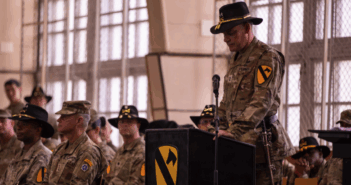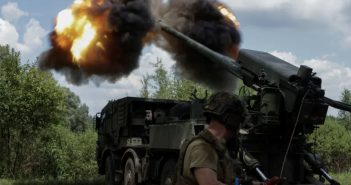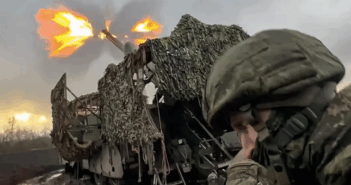
Defense & Aerospace Daily Podcast [Nov 19, ’25] Bendett and Rumer on the Latest Russia-Ukraine Headlines
On today’s Land Warfare program, sponsored by American Rheinmetall, Sam Bendett of the Center for Naval Analyses and Dr. Eugene Rumer, the director of the Russia and Eurasia program at the Carnegie Endowment for International Peace, join Defense & Aerospace Report Editor Vago Muradian to discuss Ukraine’s fight to defend Pokrovsk as Russian forces increase attacks to take a town seen as key to controlling Donbas; how Moscow is changing tactics to increase battlefield gains, including targeting Ukraine’s energy grid; how Ukraine is responding at the tactical level at the front as well as strategically with deep strikes on Russian energy infrastructure; Washington’s strategy to end the war and how Europe is stepping up; and Moscow finally stands up its unmanned systems force.

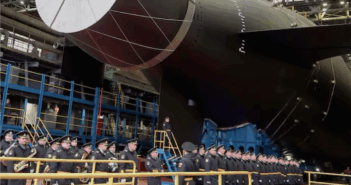
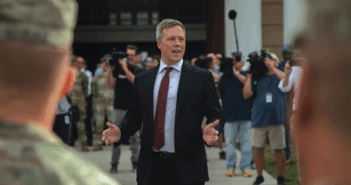
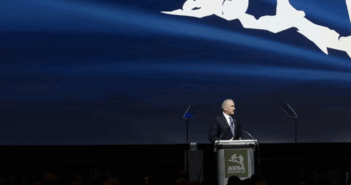
![DEFAERO Daily Pod [Oct 14, 25] Lockheed Martin’s Dan Tenney](https://defaeroreport.com/wp-content/uploads/2025/10/Screenshot-2025-10-14-at-8.20.55-AM-351x185.png)

